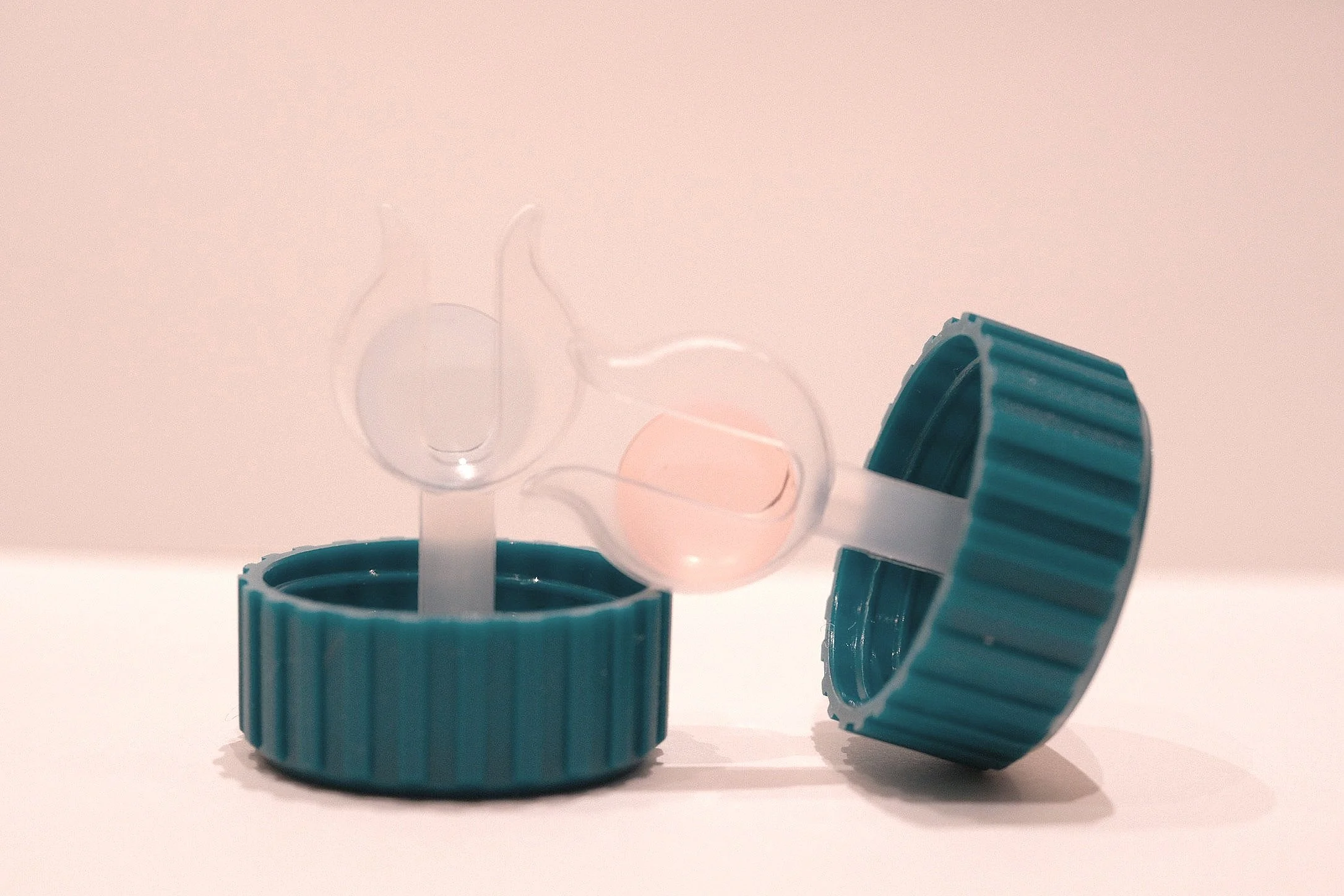“Half the world’s population (nearly 5 billion) will be short-sighted (myopic) by 2050.”
— Brien Holden Foundation
Each diopter matters
Myopia is disease of ocular elongation resulting in not only nearsightedness but also increased risk of certain ocular diseases.
Controlling myopia is crucial for maintaining long-term eye health and vision. Left unchecked, myopia can progress rapidly, increasing the risk of sight-threatening complications such as retinal detachment, glaucoma, and myopic maculopathy. By implementing myopia management measures early, such as lifestyle modifications, specialty spectacles or contact lenses, or pharmacological interventions, individuals can potentially slow down the progression of myopia. Additionally, controlling myopia can alleviate the need for stronger corrective lenses over time, improving quality of life and reducing the burden of vision impairment.
Myopia Control Options
-

Myopia Control Glasses
Specially designed glasses that cause peripheral defocus or reduce contrast sensitivity to slow down the progression of myopia. They are the most effective when worn full-time.
-

Myopia Control Soft Contact Lenses
Lenses that incorporate dual-focus, multifocal, extended depth of focus, and novel ring focus designs to actively control myopia. Available as daily disposable lenses or reusable lenses replaced monthly or quarterly.
-

Orthokeratology
Gas permeable contact lenses worn overnight to gently reshape the cornea, offering clear vision without correction during the day. These lenses can reduce myopia progression and are safe to wear in children.
-

Low Dose Atropine
A compounded eye drop instilled nightly in each eye. It has demonstrated a favourable safety profile with minimal side effects, while effectively managing myopia.
